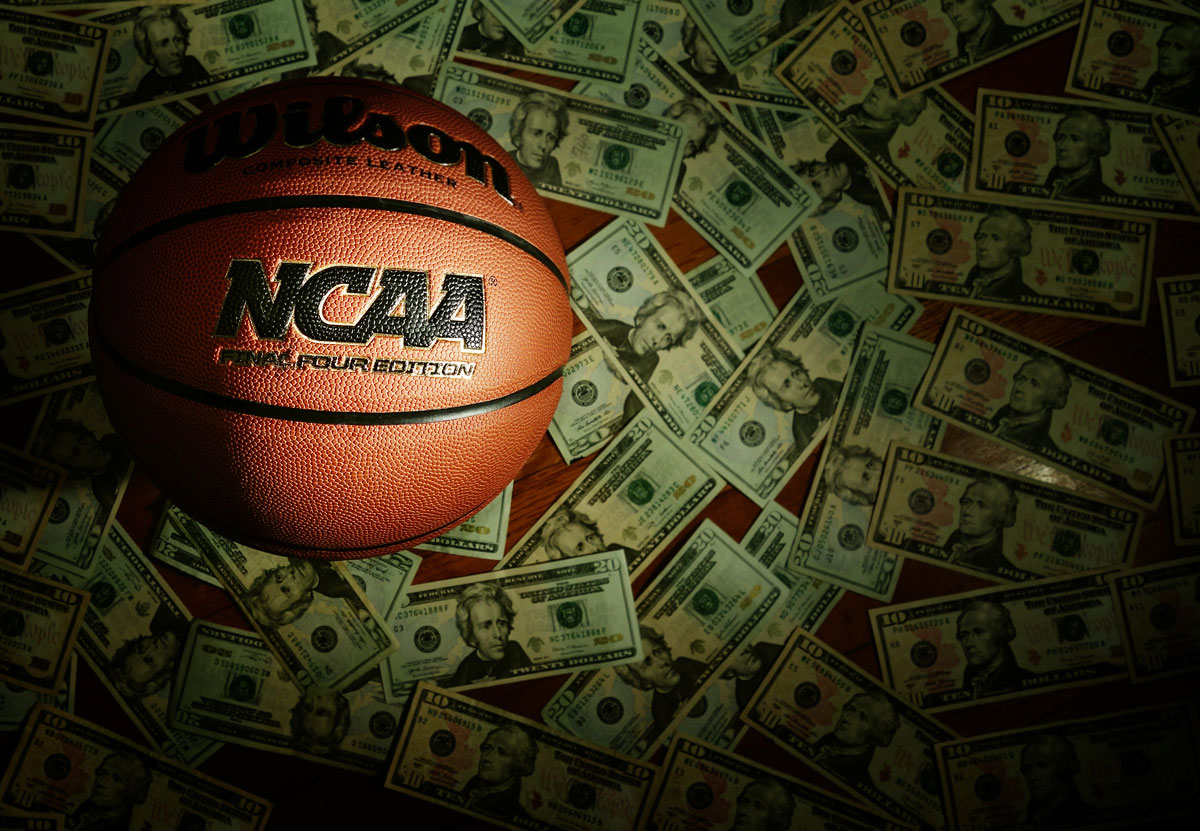Less than two percent of high-school athletes will gain the opportunity to receive a scholarship. Within those ranks, few will be offered full rides.
The truth is the amount of money you might receive from a scholarship will depend on things you have no control over.
Even with favorable assistance for college expenses, college athletes need to be very careful about their budgets and additional financial assistance is usually necessary.
Sports Expenses Before College
Families in America are investing in their athletic children from a very early age. For high-school-age students who are considered talented in their sport, some have spent tens of thousands of dollars on playing that sport since they were a child.
If parents are hoping their investment pays off, and maybe their child gets a full athletic scholarship, chances are they are gambling. It isn't realistic to assume you can recoup that expense for preparing the kid for collegiate-level sport.
In fact, get ready to spend more money on that sport while your kids are in college. While your kid may never play the sport professionally to repay expenses, there are many surrounding careers in the world of sports.
Finances & Budgets for Athletes
Many people don't realize they can refinance their loans after they've left college.
This means the interest rate for the loan repayment can be lowered from when your parents helped you sign up for it. Student loan refinance is a great way to help lower monthly costs.
After exhausting all other sources of available money, such as scholarships, grants, and other aid from local and federal levels, there likely will still be a hefty bill left over for your college student to pay.
This is where FAFSA and student loans come in, just as with any other college student.
Student loans are given to students and usually cosigned by parents to help lower the interest rate for repayment. Student loans usually don't require repayment until after the student has finished college.
These loans are designed to be paid back by the student after they've entered the workforce and are now capable of paying back the loan.
Part-Time or Freelance Work for Athletes
While in college, many students find it helpful to get a job. Not every student has time for a job, but for some students, even a part-time job can be helpful for more than just the benefit of extra cash.
Excellent skills can be learned while working a job that can be helpful for the student's schooling.
Athletes in college can find jobs that allow them to work on their sport also. Maybe a baseball player can work at the local batting cage, or get paid to umpire games on the weekends for little league.
Getting paid to do what you love, while gaining access to practice more at the sport is a win-win.
Internships for athletes might be available for your sport that you aren't aware of. Sports have many surrounding industries that also support athletes and allow for athletes to have other career opportunities if they aren't able to compete professionally.
While in college, working an office job for sports journalists or broadcasting can give students a better idea of the landscape of careers available in the realm of sports.
Gap Year for Athletes
Gap year pros and cons vary depending on who the student is. The obvious pros could be saving money, learning a skill, or having a side profession to fall back on.
Some cons are falling behind your peers that already started college and possibly losing interest in college altogether.
Some students decide that taking a gap year is the best path for them. This means they will take an extra year, more or less, before starting college after high school.
While off for this year, students can work a job to help bank some cash for starting college. Maybe a job opportunity in that athlete's field is available, or a supporting job such as a cameraman, announcer, or media analyst.












